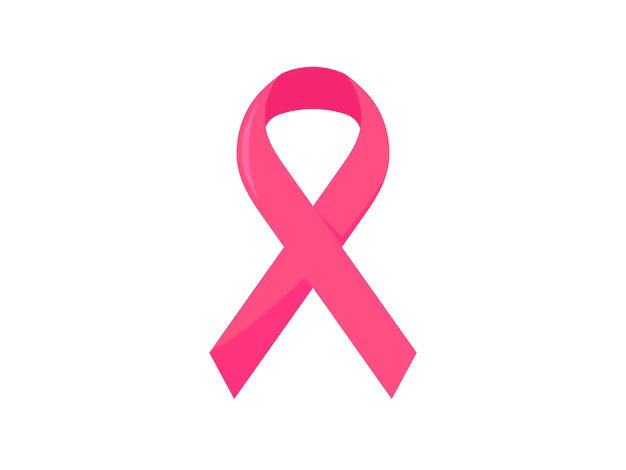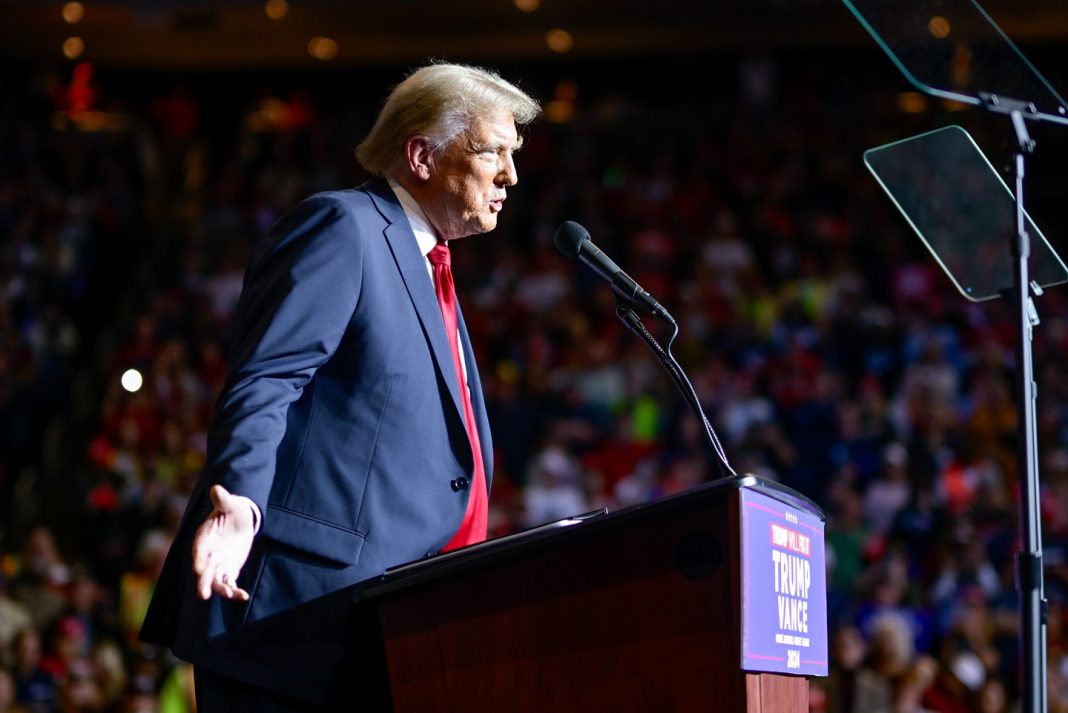Roopak Goswami
Shillong, Dec 30: Is cancer care in Meghalaya only a medical issue or something else?
A qualitative study conducted by researchers from Indian Institute of Public Health Shillong, the Department of Radiation Oncology at Civil Hospital Shillong, and the Department of Health and Family Welfare, Government of Meghalaya says cancer care in Meghalaya is not merely a medical issue but a deeply social and cultural challenge. “By weaving together traditional wisdom and modern science, fostering community engagement, and strengthening health systems, the state can pave the way for earlier diagnosis and better outcomes” the study says.
The study was led by Barilin Dkhar, Carmenia Khongwir, Uniqueky Gratis Mawrie, Fellicita Pohsnem, Redolen Rose Dhar, Anisha Mawlong, Rajiv Sarkar, Melari Shisha Nongrum, and Sandra Albert.
India accounts for about seven per cent of the global cancer burden with the highest cancer incidence reported from the North-Eastern Region (NER), including Meghalaya. Cancer is among the top five leading causes of death in Meghalaya. Infact, cancer of the oesophagus is the leading site of cancer in both genders, followed by cancer of hypopharynx in males and oral cancer in females.
Cultural Beliefs: A Double-Edged Sword
Central to the study’s findings is the impact of cultural concepts such as bih and skai, Khasi terms embodying ideas of “poison” and the “evil eye.” These beliefs often frame illness as a consequence of ill intent or fate rather than biomedical causes, discouraging timely medical intervention. For instance, some patients attributed their cancer to destiny, echoing sentiments like, “It is my fate to suffer.” This fatalism often coexists with a preference for traditional healers, whose remedies are rooted in these cultural frameworks.
While traditional medicine offers accessibility and cultural familiarity, it may delay critical diagnosis and treatment. “Many respondents admitted seeking traditional treatments first, with biomedical care as a last resort” the study says.
The Shadow of Stigma
Cancer stigma looms large in these communities. Patients often avoid discussing their diagnosis, fearing societal judgment or “bad luck.” This silence is particularly pronounced among women with cancers affecting sexual and reproductive organs, such as breast and cervical cancers. Shame and embarrassment prevent many from seeking care until their condition deteriorates.
One poignant account described a woman concealing her post-surgical mastectomy, reflecting the deep discomfort surrounding visible signs of cancer treatment. Caregivers echoed these challenges, noting societal gossip and negative attitudes as additional burdens.
Economic Constraints: A Barrier to Hope
Financial instability significantly impacts cancer care. Meghalaya’s rugged terrain and sparse healthcare infrastructure exacerbate costs, from transportation to treatment. Although some patients access subsidized care through government schemes like the Meghalaya Health Insurance Scheme (MHIS), its coverage often falls short, leaving families to rely on loans or donations.
A caregiver lamented, “We had to wait to borrow money before starting treatment.” Financial stress also leads to treatment discontinuation, as highlighted by healthcare providers.
Systemic Challenges: Gaps in Care
Healthcare system limitations further hinder timely intervention. Misdiagnosis is a recurring issue; several patients were initially treated for tuberculosis or gastritis, only to later receive a cancer diagnosis at advanced stages. Inadequate diagnostic facilities and the absence of specialized counselors compound these challenges, pushing patients to seek care outside the state—an option inaccessible to many.
Moreover, logistical issues such as long waiting hours, poor road connectivity, and the COVID-19 pandemic’s disruptions have left a lasting impact. As one healthcare provider observed, “Follow-ups became nearly impossible during the pandemic due to travel restrictions.”
Toward a Holistic Solution
The study underscores the importance of addressing these multifaceted barriers through culturally sensitive interventions. Community-driven awareness campaigns could demystify cancer and its treatment, integrating local beliefs into health education. Training traditional healers to identify early cancer symptoms and refer patients to hospitals may bridge gaps between indigenous practices and modern medicine.
“Strengthening healthcare infrastructure is equally vital. Improving diagnostic capabilities, expanding insurance coverage, and recruiting more healthcare workers could alleviate systemic issues. Importantly, addressing psychological distress through dedicated counselors and support groups can foster resilience among patients and their families” the study says.
The study was published in Indian Journal of Medical Research.




